It was 1964, and an election was in full swing. The quiet rhythm of our English village was disrupted, and politics took hold.
I was aware of this because my parents were a very rare exception to the political landscape of our village. They voted Labour, while almost everyone else was a Conservative.
I cannot remember the candidates or slogans of either of the two main parties, nor can I remember the name of the candidate for the third party, the Liberals. But I do remember our village’s Liberal publicity machine.
It consisted of a local lady who drove around in her car – a Morris Minor or something like it – with a megaphone attached to the roof. As she went, her strangely distorted voice boomed out around the countryside. “If you think like a liberal, vote like a liberal.”
I was seven, so the political subtleties of her message passed me by. Now I understand that she was highlighting that while many people were ideologically liberal, in a first-past-the post electoral system like Britain’s, most of them didn’t vote for the party they most agreed with. She was trying to change that – unsuccessfully, in the event.
For me, the idea of ‘Liberal’ as relating to a rather unsuccessful British political party remained well into adulthood. New Zealand follows the British type of politics that casts the left against the right – labour against conservative. Hence ‘liberal’ did not slot comfortably into this political binary.
I encountered the term primarily as a synonym for either socially progressive movements or for generosity: the liberal wing of this, or a liberal portion of that. I also knew that the medieval university taught the ‘liberal arts.’
However, the term became uncomfortably relevant during the nineteen nineties when the pit-bull of ‘neo-liberalism’ started to savage the education sector that I was working in. I realised I needed to find out what ‘liberal’ actually meant.
I realised I needed to find out what ‘liberal’ actually meant.
It was immediately disconcerting to find that much of what I took for granted was actually liberal ideology.
The idea of human rights, freedom of the press, freedom of expression and freedom of choice stemmed from liberal thinking.
At its core, liberalism sets out to ensure the conditions for human freedom. It draws on John Locke’s social contract, which argues that individuals naturally defend their rights to life, liberty and property, and only cede these to governments in order to have an impartial arbiter capable of balancing the liberties of multiple citizens.
The resulting ideas informed both the French and American revolutions. They explain why, later on, liberals would espouse such radical causes as universal suffrage, abolition of slavery, equal rights and free trade.
Interestingly, neither the early politicians nor the philosophers who influenced liberalism called themselves liberals; broadly speaking they mostly belonged to the whig political faction. The term ‘liberal’ back then had a variety of meanings and only became associated with politics in the mid-nineteenth century. And it has had a nasty habit of morphing ever since.
Here in New Zealand, the most crucial liberal political tenet has been free-trade (important for a small agricultural nation), and consequently ‘liberal’ is used in relation to classical eighteenth-century ideas which are understood to prioritise economic freedoms. Most European countries use it similarly.
In the US, on the other hand, ‘liberal’ has come to mean something else. It is associated with the Roosevelt approach of the 1930s, greater government intervention and a marked focus on social reforms.
Essentially liberalism now has two faces – one that prioritises economics (the neo-liberal wing), and one that prioritises social issues. The one sits closer to conservatives, and the other closer to progressives. It is hardly surprising that people might be confused about what the term actually means.
The above is, of course, an oversimplification. My aim in raising these ambiguities is simply to ensure you check your own assumptions about the term before continuing.
Here, the liberalism I want to talk about is the economic variety – the one championed by people like Milton Friedman and the libertarians. It traces its roots back to the economic theories of Adam Smith.
Smith, according to such economists, championed the idea that people were essentially self-motivated, but that, if the markets were allowed to operate freely, things would work out in a way that benefited society as a whole. This was courtesy of the markets’ ‘invisible hand’, to quote Smith. Keeping markets free, in such an ideology, is hugely important.
It took me a long time to figure out why this type of liberalism, with its capacity to glorify corporate freedom and legitimise pure self-interest, seemed so unpleasant. It only made sense once I realised that originally liberalism had a silent partner – Christianity (usually of the Protestant variety).
In a society where people understood that ‘I am my brother’s keeper’, you barely needed the State to provide checks and balances on people’s self-interest.
Regardless of whether the early liberals were Christian or not, the society they lived in provided and perpetuated a form of the Christian moral code whereby benevolence and charity were expected to bridge the gap between rich and poor.
Regardless of whether the early liberals were Christian or not, the society they lived in provided and perpetuated a form of the Christian moral code whereby benevolence and charity were expected to bridge the gap between rich and poor.
Neo-liberalism has none of these assumptions, with the result that naked greed can now cloak itself in the trappings of ‘freedom’ and strut abroad.
One of the losers in all this neo-liberalism is Adam Smith, who never intended his ‘invisible hand’ to mean pure market forces.
As Peter Harrison has shown, in “Adam Smith and the History of the Invisible Hand”, the term was already a well-known metaphor decades before Smith used it, and it squarely denoted the hand of God, or Providence.
In other words, Smith’s first readers would have understood him to mean that while people might operate for selfish reasons, things would even-out because providence wove it all together into something positive.
Smith, whose first book was on moral philosophy, would be spinning in his grave if he saw how his ideas were being used today.
My own interests in religion and politics are squarely grounded in ethics. For me a virtuous life involves not allowing my self-interest to stop me from doing right by others – not because it will give me either material or spiritual reward, but simply because it is the right thing to do. Its focus is on doing right, not being free.
So, is having the freedom to make moral choices important? Most certainly. Liberalism is not wrong to champion freedom. But that freedom should be the vehicle that enables us to make decisions that benefit not only ourselves, but others. Even those we don’t agree with.
If I could teleport back to 1964, I would be politely asking our intrepid liberal apologist to make a tweak to her script: “If you think like a liberal, act like a liberal.” An ethically grounded one.
Liberalism is not wrong to champion freedom, so long as that freedom serves as a means to act with care—for ourselves and for others.
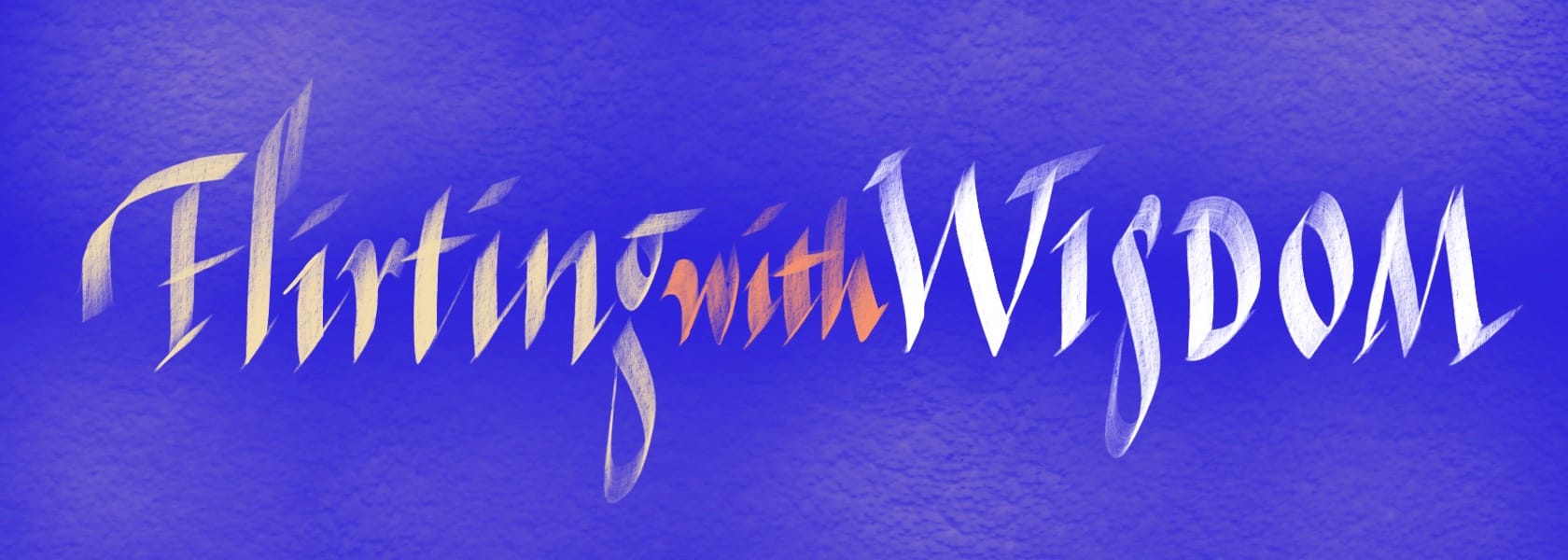
Each vignette invites readers to embrace the beauty of unfinished thinking and the art of holding life’s ongoing questions.

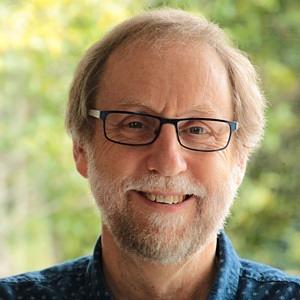
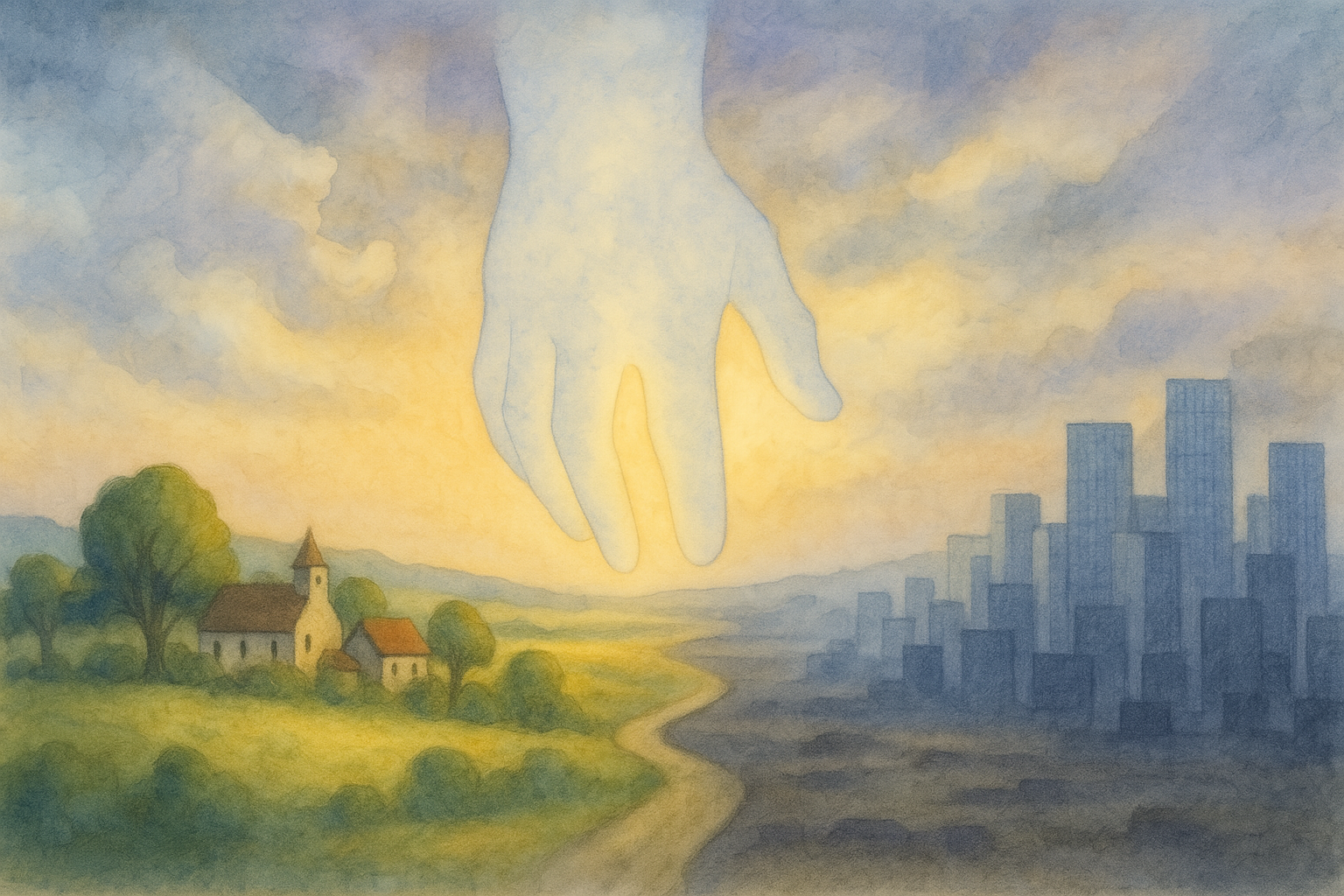
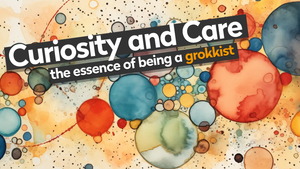



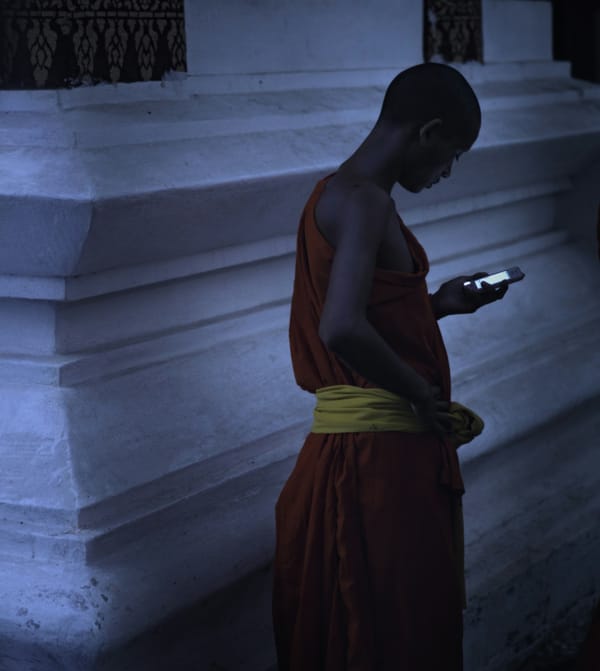

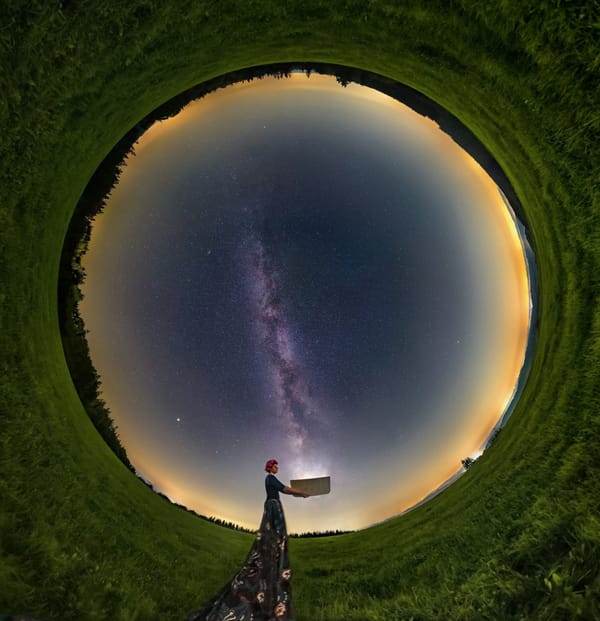
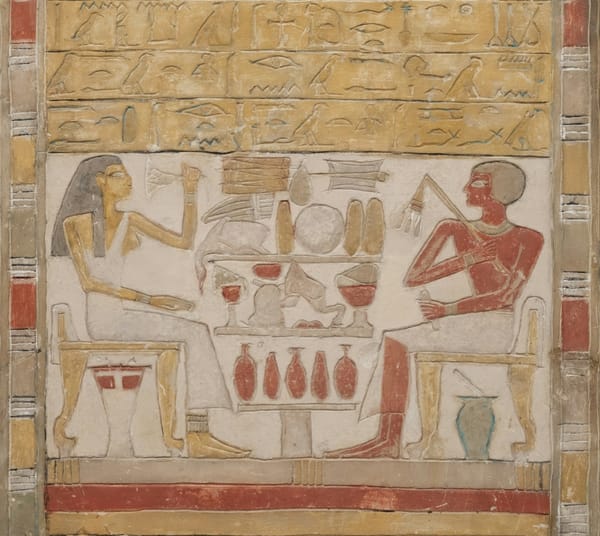
Member discussion